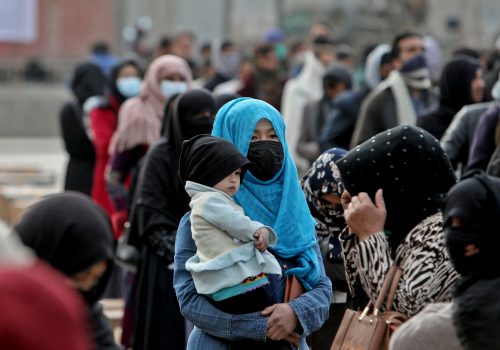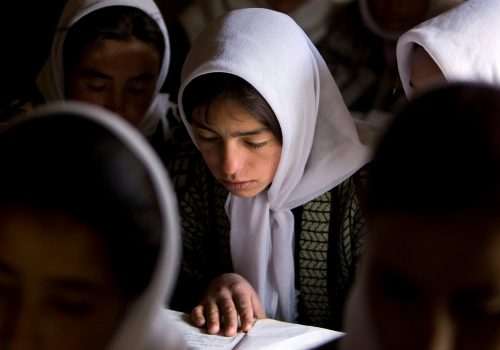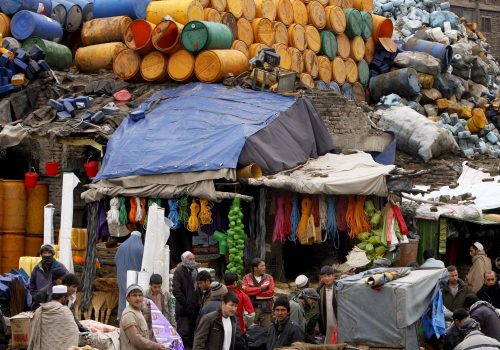Lessons from Afghanistan for Western state-building in a multipolar world
The emergent multipolar world has created new challenges for Western liberal democratic diplomats and leaders. Among these challenges is how to continue to support developing allies in a political landscape where these allies are facing growing, existential threats from powerful, authoritarian anti-liberal states.
A never-before-shared internal document developed by the National Security Threat Assessment and Policy interagency committee in the Islamic Republic of Afghanistan in the days before it collapsed highlights these challenges. The purpose of the National Threat Assessment (NTA) was to identify global and regional trends and power shifts that could pose existential threats to the state, so the government could craft a response, presumably in coordination with its Western allies. The NTA was based on information and intelligence gathered by the Afghanistan Ministries of Foreign Affairs and Defense and the National Directorate of Intelligence (NDS) through their foreign and domestic collection capabilities. It achieved the former, but the latter never materialized. Instead, the West exited, and Afghanistan fell to the Taliban. However, the NTA can still help the West navigate its other relationships with weak allies in this increasingly multipolar world.

The South Asia Center is the hub for the Atlantic Council’s analysis of the political, social, geographical, and cultural diversity of the region. At the intersection of South Asia and its geopolitics, SAC cultivates dialogue to shape policy and forge ties between the region and the global community.
Related content
Image: Afghans gather outside the passport office after Taliban officials announced they will start issuing passports to its citizens again, following months of delays that hampered attempts by those trying to flee the country after the Taliban seized control, in Kabul, Afghanistan October 6, 2021. REUTERS/Jorge Silva


